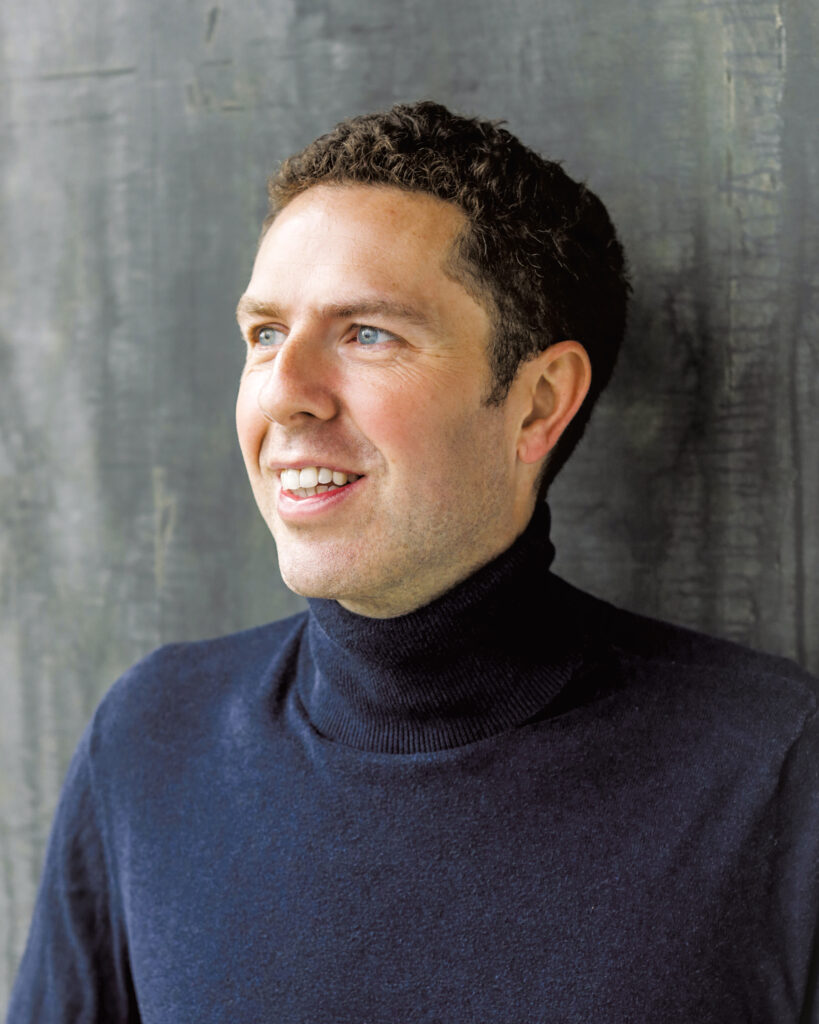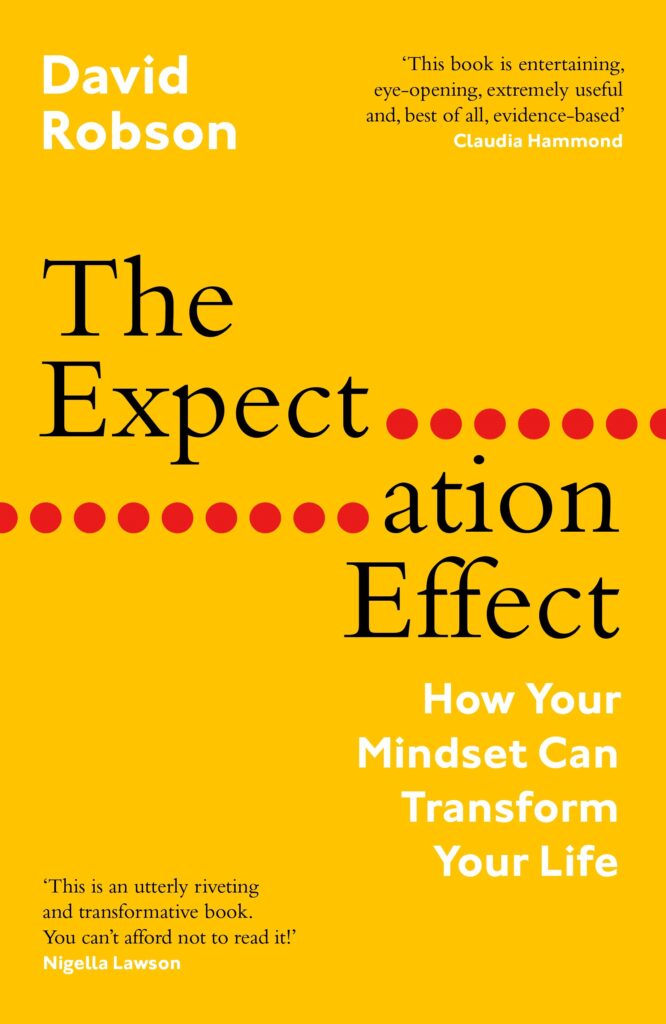If you are like me, you may turn to a cup of coffee whenever you find your concentration fading. But have you ever considered that its brain-charging benefits are largely a product of your beliefs?
In multiple experiments, scientists have given unsuspecting volunteers cups of decaf under the illusion that it was a regular brew. Despite having consumed no caffeine, their attention and memory peaked as if they’d drunk a strong espresso. Amazingly, one study even found that the mere odour of the drink was enough to improve people’s cognitive performance. Thanks to our associations of greater alertness and reduced fatigue, we really do wake up when we smell the coffee – even if we haven’t drunk a drop.
This is just one example of the “expectation effect”, in which our beliefs shape the mind and body’s responses to an event, creating a kind of self-fulfilling prophecy. Over years of researching and writing my book on the subject, The Expectation Effect, I have found that our beliefs can – and in many cases, already do – shape almost every area of our lives. In medicine, a doctor’s words can change how long we take to heal from a cold; during exercise, our interpretations of our own fitness will determine our endurance on a treadmill; while dieting, our beliefs about the food we are consuming will shape our appetite, our digestion and our hormonal response to the food.
As someone prone to anxiety, I was especially excited to find that the effects of stress are often the product of our beliefs. And with the right mindset, small amounts of stress can sharpen our minds and boost our creativity, for example – a finding that proved to be incredibly useful as researched and wrote my book. I was even more surprised to find that my beliefs about the ageing process can influence my longevity.
Expectation effects arise from the brain’s role as a prediction machine, which constantly pre-empts the challenges that we are going to face and then adjusts our perception, behaviour, and physiology. As one scientist Alia Crum at Stanford University puts it: ‘Our minds aren’t passive observers simply perceiving reality as it is; our minds actually change reality. In other words, the reality we will experience tomorrow is in part a product of the mindsets we hold today.’
That may sound like magical thinking. But all these discoveries are backed up by strong scientific evidence from ingenious experiments. Importantly, we now have proven techniques that allow us to tweak the brain’s predictions to our advantage. Whether you are hoping for greater fitness, happiness or productivity, a change of mindset can often ease the way for positive change – starting, of course, with an expectation-infused mug of your favourite morning brew.

David Robson is an award-winning science writer and author of The Expectation Effect: How Your Mindset Can Transform Your Life, published by Canongate. Follow him @d_a_robson on Twitter.







Recent Comments